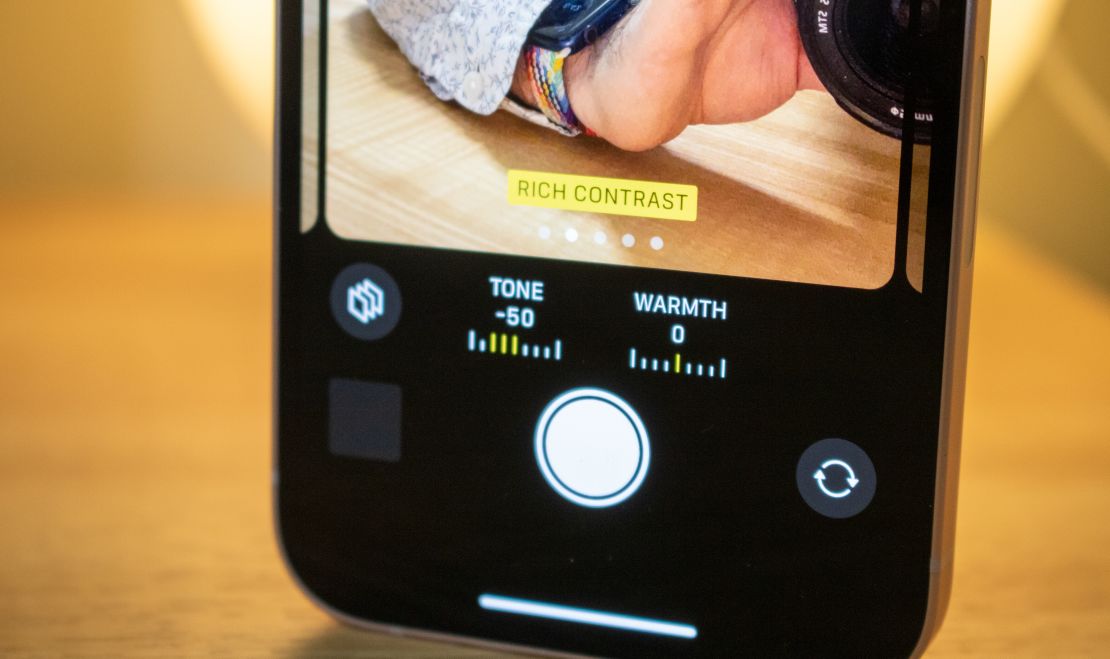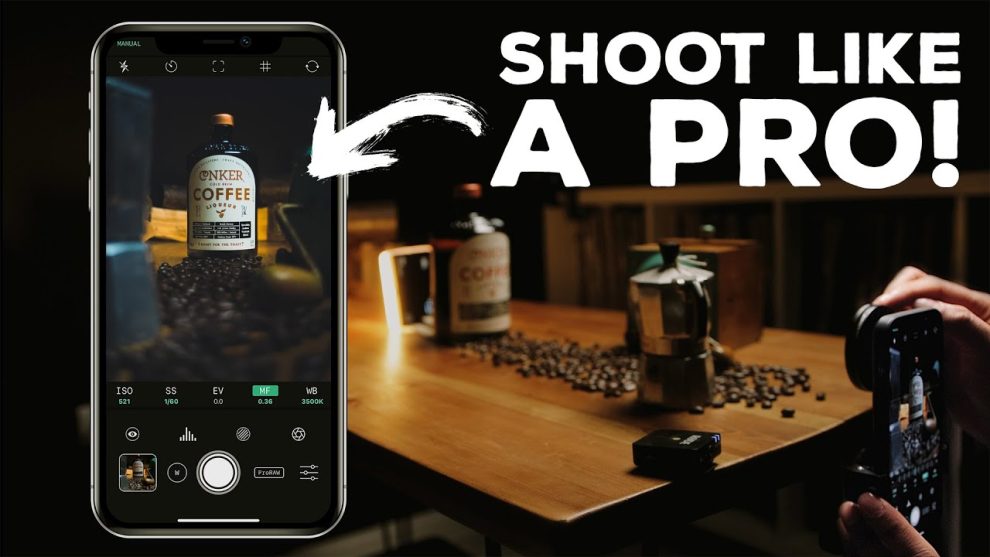Transforming your smartphone into a product photography powerhouse is easier than you think! With a few simple tips and tricks, you can capture stunning visuals that elevate your brand and showcase your products in their best light.
Gear Up:
While any recent smartphone can take decent product photos, some models boast superior camera specs and features. Consider upgrading if you’re serious about product photography.
Smartphone:
Invest in a smartphone with an advanced camera system like the iPhone 13 Pro, Samsung Galaxy S22 Ultra, or Google Pixel 7 Pro. Key features to look for include:
- Multiple lenses (wide, ultrawide, telephoto) for versatility
- Larger image sensors for improved low light performance
- Optical image stabilization (OIS) to minimize blur
- Advanced software and AI-powered computational photography
Lighting:
Natural light is your best friend! Position your product near a window with diffused light for a soft, flattering glow. Alternatively, invest in a portable LED lighting kit for more control and consistent results.
Backdrop:
Ditch the distracting clutter! Use a plain white, grey, or colored backdrop to make your product the star of the show. Seamless paper, fabric, or even foam boards work wonders.
Tripod:
Ensure razor-sharp focus and eliminate camera shake with a tripod. Even a budget-friendly tripod can significantly improve your image quality.

Compose Your Shot:
Angles:
Don’t be afraid to experiment! Capture your product from various angles, close-ups, and overhead shots to showcase its details and features.
Rule of Thirds:
Imagine dividing your frame into nine equal squares. Place your product at the intersection points or along the gridlines for a more balanced and pleasing composition.
Negative Space:
Leave some breathing room around your product. Avoid cluttering the frame with distracting elements.
Light It Up:
Diffuse the Light:
Direct sunlight can create harsh shadows and washed-out areas. Diffuse natural light with sheer curtains or a white cloth for a softer, more even illumination.
Reflect the Light:
Bounce light back onto your product using white foam boards or reflectors. This fills in shadows and adds depth to your photos.
Play with Shadows:
Strategic use of shadows can add dimension and intrigue to your shots. Experiment with different angles and lighting setups to create subtle shadow effects.
Capture and Enhance:
Manual Mode:
If your smartphone offers a manual mode, take control of your camera settings like ISO, aperture, and shutter speed for more creative control.
Burst Mode:
Capture multiple shots in quick succession to ensure you freeze the perfect moment, especially for dynamic products.
Editing is Key:
Elevate your photos with basic editing tools like cropping, adjusting brightness and contrast, and applying subtle filters. Many smartphone camera apps offer built-in editing features or consider free mobile editing apps like Snapseed or Lightroom Mobile.
Bonus Tips:
Tell a Story:
Use props and backgrounds that complement your product and create a compelling visual narrative.
Focus on Details:
Capture close-up shots of intricate details, textures, and unique features that set your product apart.
Get Creative:
Don’t be afraid to experiment with different lighting setups, compositions, and editing styles to find your unique aesthetic.
Remember, practice makes perfect! The more you experiment and shoot, the more comfortable and confident you’ll become in capturing professional-quality product photos with your smartphone. So, grab your phone, unleash your creativity, and start transforming your product images into visual masterpieces!
















Add Comment